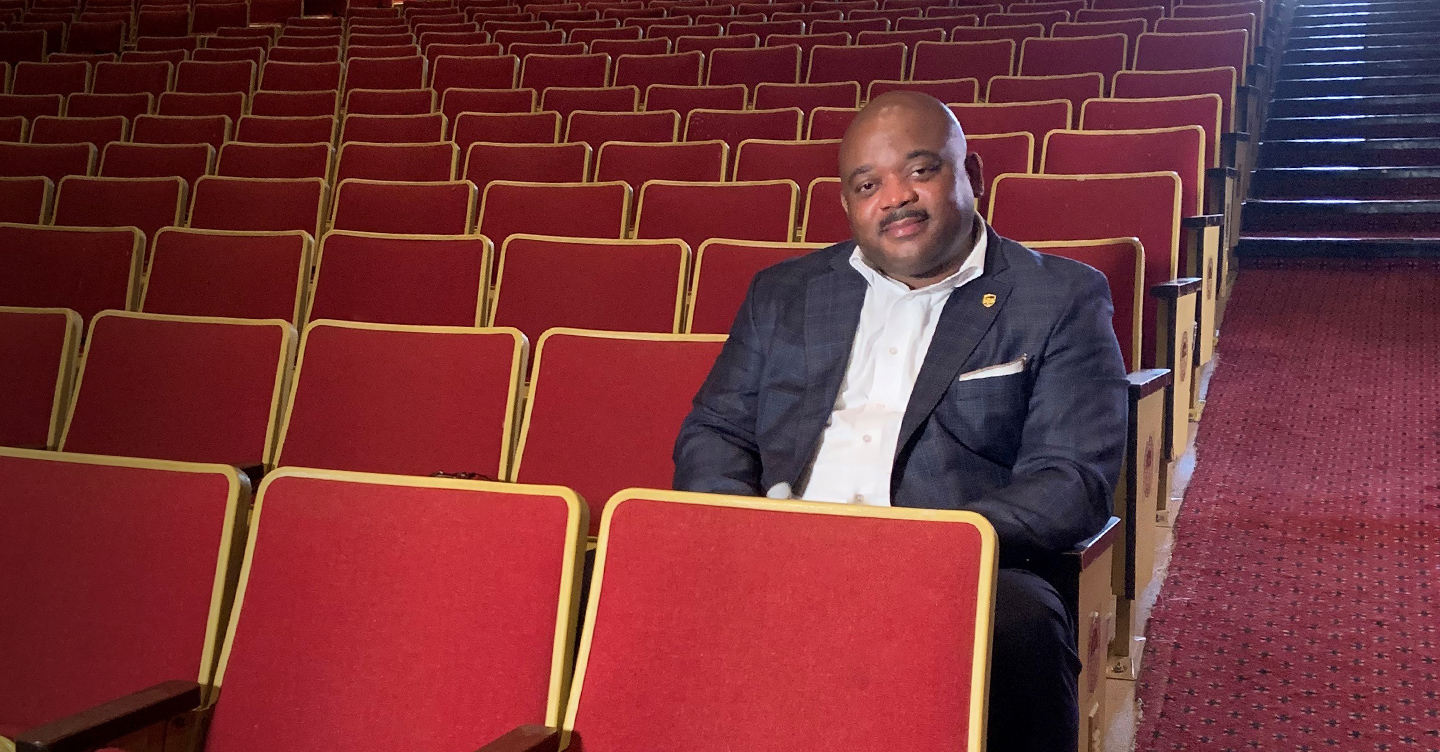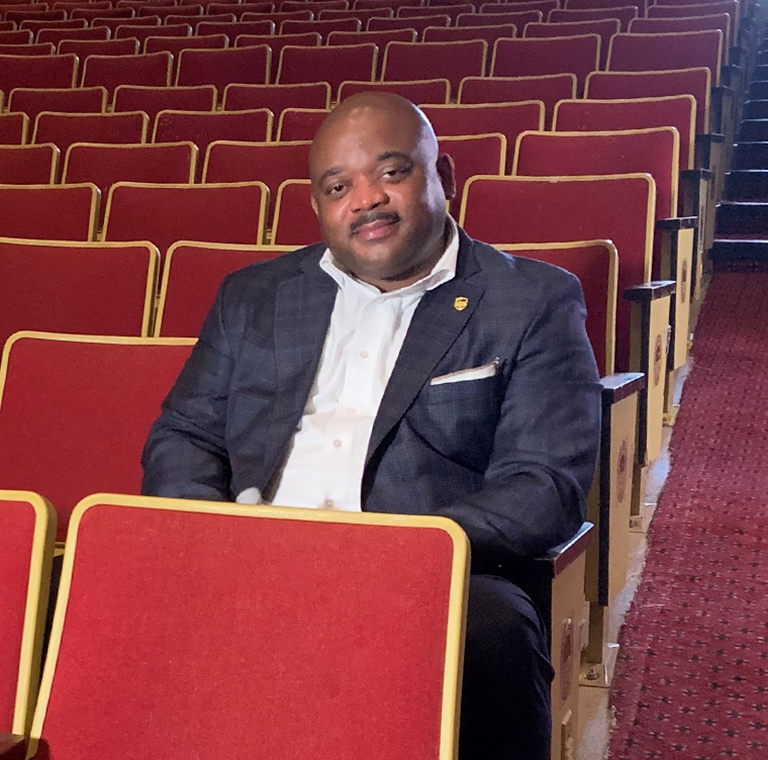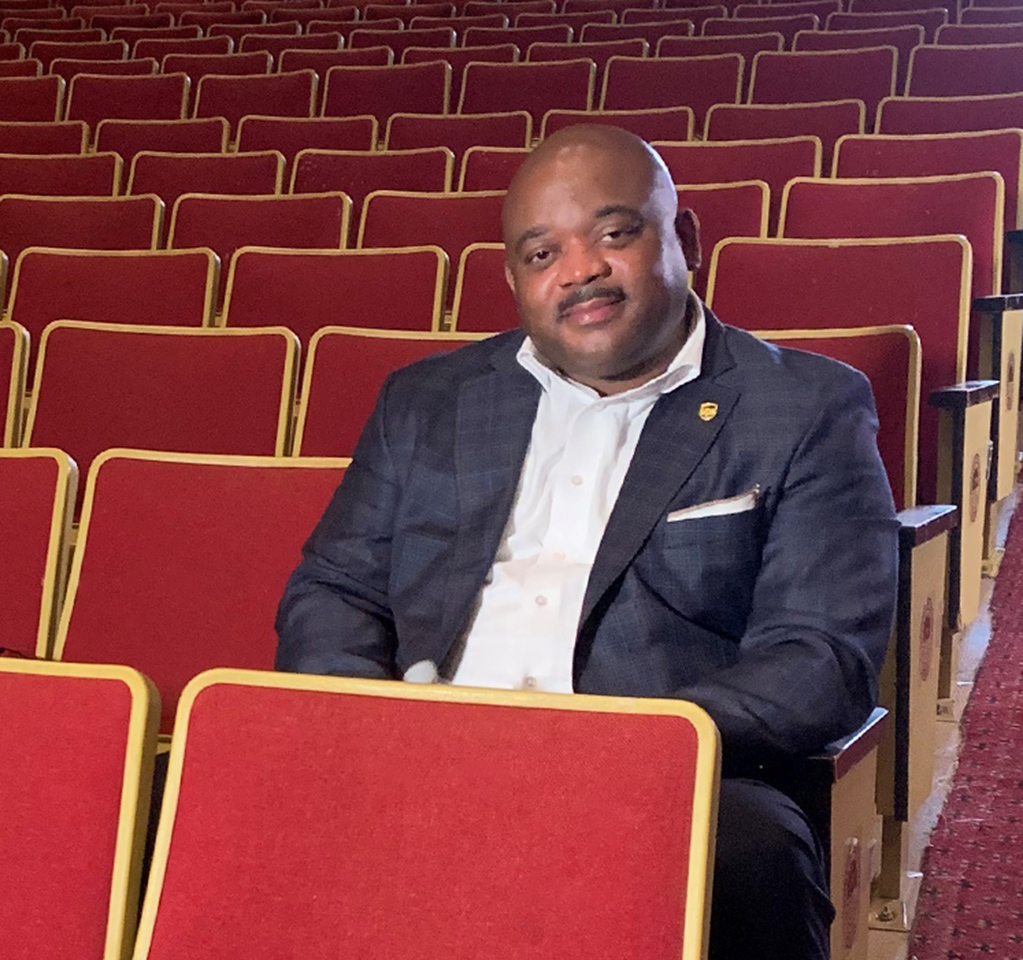Thirty years ago, Malcolm Berkley made a decision that forever changed his life. As he considered his college options, the Harlem-based teenager was drawn to the legacy of prominent Morehouse College graduates, including Dr. Martin Luther King, Jr., Howard Thurman, Samuel L. Jackson and Julian Bond.
But what Malcolm found most inspiring was the campus of nearly 2,000 students filled with young Black men focused on excellence, just like him. For the future English major, the decision was clear.
Today, Malcolm is president of media, investor and crisis communications for UPS, one of the thousands of successful graduates shaped by Morehouse College.
“My experience at Morehouse not only helped prepare me for my professional career, it helped prepare me for life,” Malcolm said. “The confidence, perspective and brotherhood I found at Morehouse are among the strengths I draw upon every day.”
As the next generation of leaders emerges, graduates of HBCUs (historically Black colleges and universities) are shaping the landscape through groundbreaking work and achievements in business, government, social and civic impact, and the arts.
The next generation of leaders
HBCUs were established to serve the educational needs of Black Americans denied admission to traditionally white institutions. While access to colleges and universities has widened, HBCUs are still providing a needed avenue to higher education for many.
“I was so excited when my daughter chose to continue the legacy of women in our family and attend Spelman College,” Malcolm said. “She’s now walking the same hallways and sitting in the same classrooms once occupied by Spelman alumnae who are making history in science and politics, leading companies and changing the world.”
HBCUs offer a close connection to a strong support network of students, faculty, professors and alumni. This culture extends into best practices to develop the next wave of successful business leaders – allowing diverse thought and experiences to flourish, leading to new and innovative solutions.
A lifelong commitment
Companies also have the ability to support the schools through partnerships and mentoring. In Malcolm’s previous role as vice president of The UPS Foundation, he helped drive efforts to support lifelong preparation for success. The UPS Foundation‘s support for HBCUs includes The UPS Community Scholars Program, a scholarship and mentoring program with Morehouse College, Spelman College and Clark Atlanta University; the INROADS internship program; scholarships through United Negro College Fund; and mentoring through the 100 Black Men of America.
With more than 100 HBCUs throughout the U.S., all navigating through the impact of the pandemic, the need for support is greater than ever.
Recently, UPS provided Morehouse College freshmen Microsoft Surface® Pro tablets needed for online learning — a necessity in the age of COVID-19.
“The Morehouse/UPS/Microsoft Surface Pro collaboration was particularly special to me,” Malcolm said. “When I entered Morehouse, I couldn’t afford to purchase my own technology. I know what this gift means to those young men.”
Black History Month serves as a reminder of the importance of developing the next generation of diverse leaders who will make our world more resilient and responsive to the needs of all. Supporting HBCUs, and the students who bring their hopes and aspirations to their classrooms (virtual or otherwise) is a critical step in that journey.


